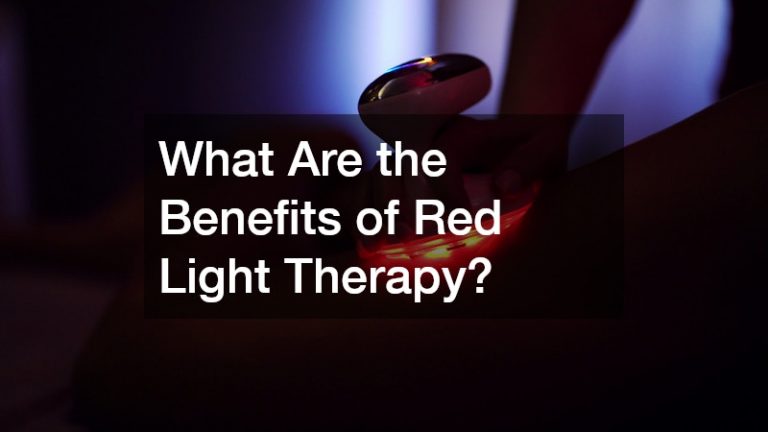Intensive Outpatient Programs (IOPs) offer a structured and evidence-based approach to mental health treatment for individuals who need more support than occasional counseling but do not require 24-hour care. These programs are designed to provide comprehensive therapy while allowing participants to continue living at home and attending work or school.
A key feature of intensive outpatient programs is their flexibility, accommodating the busy schedules of participants. They typically involve a combination of group and individual therapy sessions, focusing on cognitive and dialectical behavioral therapies to address core negative thoughts and behaviors.
This approach helps individuals manage conditions such as depression, anxiety, and substance use disorders.
One of the advantages of IOPs is the ability to practice learned skills in real-life situations, supported by the program’s structure and counseling. Additionally, many IOPs offer access to mobile apps that help participants track their progress, access resources, and apply their skills in daily life.
IOPs typically last for several weeks, with participants attending regular sessions. After completing the intensive phase, individuals often transition to a less frequent aftercare program to maintain their progress and support their long-term recovery. Overall, intensive outpatient programs provide a valuable middle ground between inpatient care and traditional outpatient therapy, offering comprehensive support while allowing individuals to maintain their daily routines.
.







